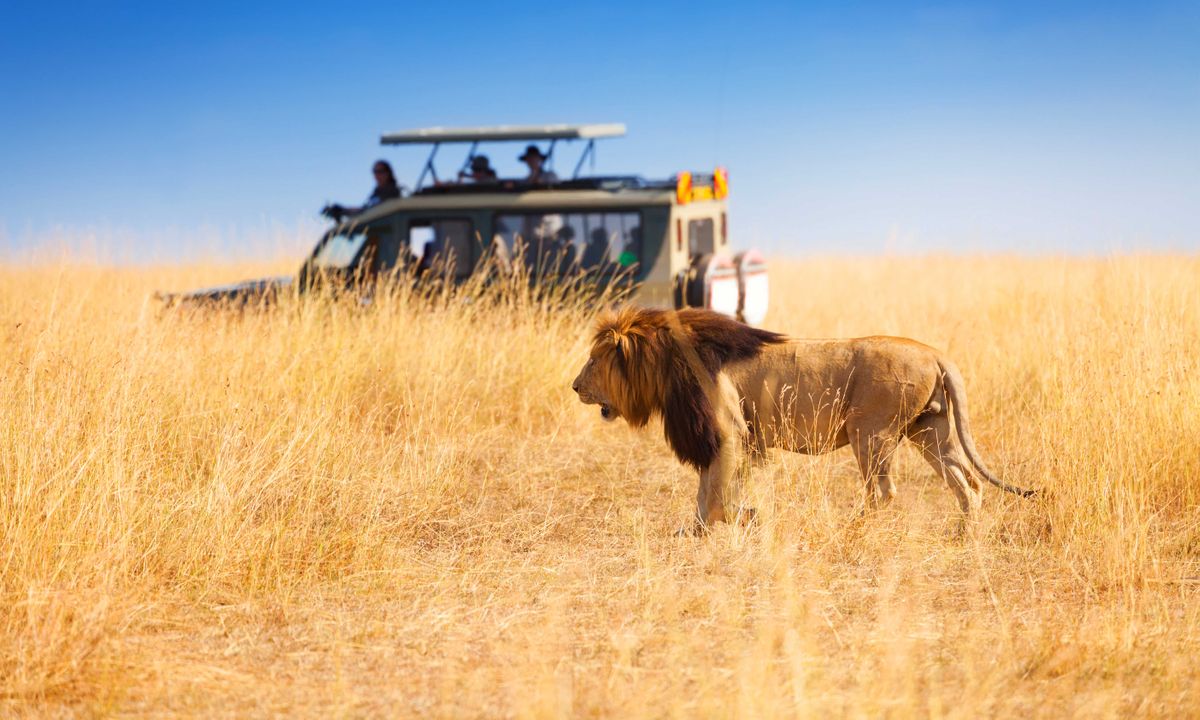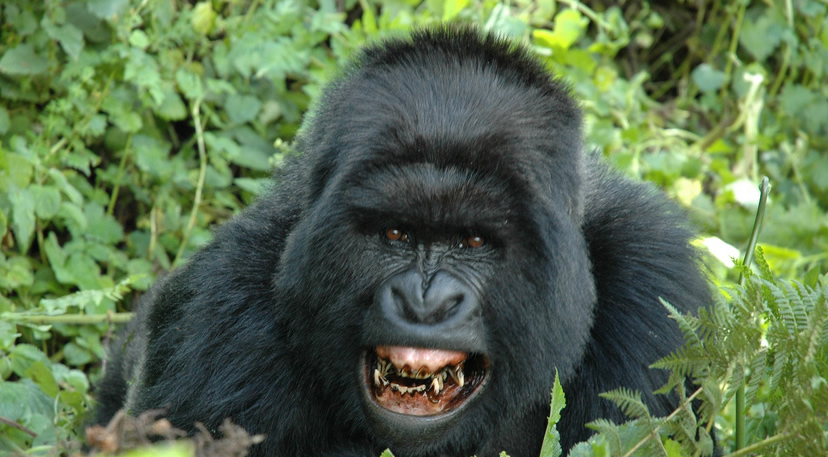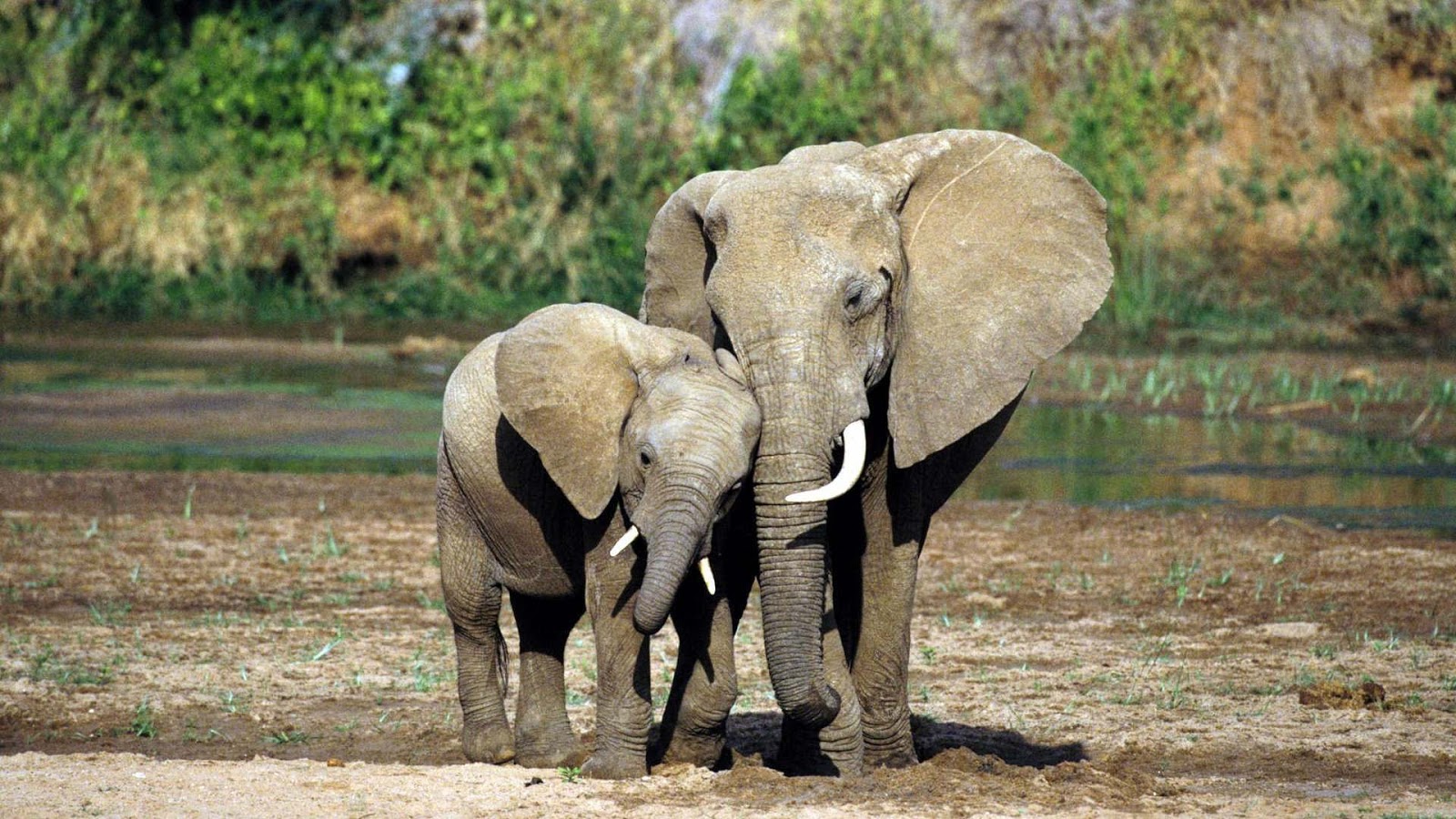
Best month to go on an African Safari
What is the best month to go on an African safari?
What is the best month to go on an African safari? This is one of the frequently asked questions by travellers planning to undertake African Safaris. The time of the year you choose to undertake African safaris greatly impact the overall wildlife viewing experience, overall budget and many others.
Prior to even spending your hard-earned money on booking flights, safari activities (game drives, walking safaris, gorilla trekking, mountain climbing or birding), places to stay and perfect transport means, it is advisable to first check your timing. Embarking on an African safari at the most ideal time undeniably adds to your overall safari experience. All in all, good timing also makes it easier to know what to expect and therefore you will get information on everything you need to know about timing for African safaris.
Before anything else, it should be noted that undertaking African safaris can be an unforgettable experience all year round. The game species in most safari destinations are plenty most of the time, with exception of migratory species because it gets easier or more difficult to see them at different times of the year, with seasons sometimes varying across safari destinations. Besides weather, your expectations on the trip will have a great impact on how much you will relish your African safari hence it is crucial to manage your expectations. When you properly understand what to expect and travel when well prepared, you will most likely have a memorable African safari experience.
However, it should also be noted that weather is generally unpredictable and the wildlife species are wild and mobile, hence finding them is also unpredictable. It is for this reason that flexibility is required so as to make more realistic expectations, with an open mind and advanced preparation for whatever comes your way.
That said, there are generally three seasons experienced in Africa and they include dry season, wet season and the transitional or shoulder season. If you have overland safaris across East and Southern Africa destinations, you will notice that seasons or weather vary from country to country or region to region.
Undertaking African safaris during the dry season
For Kenya and Tanzania, the dry season is between June and October. These months offer the best chances of witnessing the wildebeest migration.
For South Africa, the dry season is from May to September. These months are usually considered the best for undertaking African safaris, for a number of reasons that include;
The dry months are marked by sparser vegetation hence making animals more visible and also, water becomes scarce leaving fewer watering points where numerous animals converge to quench their thirst. Standing a short distance from watering holes and enjoying views of animals coming and going therefore priceless and second to none.
It should also be noted that in all the popular safari destinations, the dry season falls in wintertime, hence expect more comfortable and milder temperatures, warm sunny days as well as colder nights hence the reason most travellers leave Europe, America and other places to enjoy these beautiful experiences.
Additionally, fewer insects especially Tsetse flies and mosquitoes are expected during cooler winter temperatures, although mosquitoes are still expected when temperatures are cooler. For this reason, exposure to malaria is much lower (not totally inevitable) during the dry months. However, it should also be noted that the majority of the destinations in Africa are malaria-free all year round.
However, the dry season also comes with a number of challenges that include big crowds at popular safari destinations (such as Kruger National Park in South Africa, Masai Mara National Reserve in Kenya, Etosha National Park in Namibia, Serengeti National Park in Tanzania and Chobe National Park in Botswana). This is mainly attributed to the fact that the dry season occurs simultaneously with the long school Holidays in most African countries. Not only that, safari destinations are generally dusty during these months and safari prices, as well as airfares, are higher.
Undertaking African safaris during wet/rainy season
The rainy season is from March to May and November to December in East Africa as well as December to mid-April for Southern Africa, marked by heavy downpours. This means new life, verdant and green vegetation hence perfect time for calving. When there is plenty of fresh pasture for animals to feed on, the calves are definitely strengthened for the more difficult times ahead of them. Travellers interested in photography in Africa, this is the perfect time to see endless moody skies, luxuriant colours and breathtaking landscapes.
The rainy season is extraordinarily beautiful for bird watching because flowers are in bloom hence drawing more insects and birds for them to feed on. The migratory bird species are also common during these months.
Another exceptional reason to undertake African safaris during the rainy season is the fact that safari destinations are less crowded. This is mainly attributed to the fact that most travellers find these months less desirable hence shun them. Additionally, some Safari Lodges and Camps offer discounted rates in addition to airlines offering attractive deals on International flights hence saving more money on the trip.
However, the challenges of undertaking safaris during the rainy season include logistics being difficult to find, given the heavy downpours experienced in remote destinations. Expect flash floods, poor road conditions making vehicles get stuck in the mud as well as bridges being washed away. Also, the vegetation becomes denser and grass taller hence making it more difficult to spot the animals on game drives. Also, insects especially mosquitoes become a plentiful and therefore higher risk of malaria although most safari destinations are malaria-free.
Therefore on the question of “when is the best month to go on an African safari”, it can be best answered according to your expectations from the trip. Based on the provided information, African can be explored all year round.



